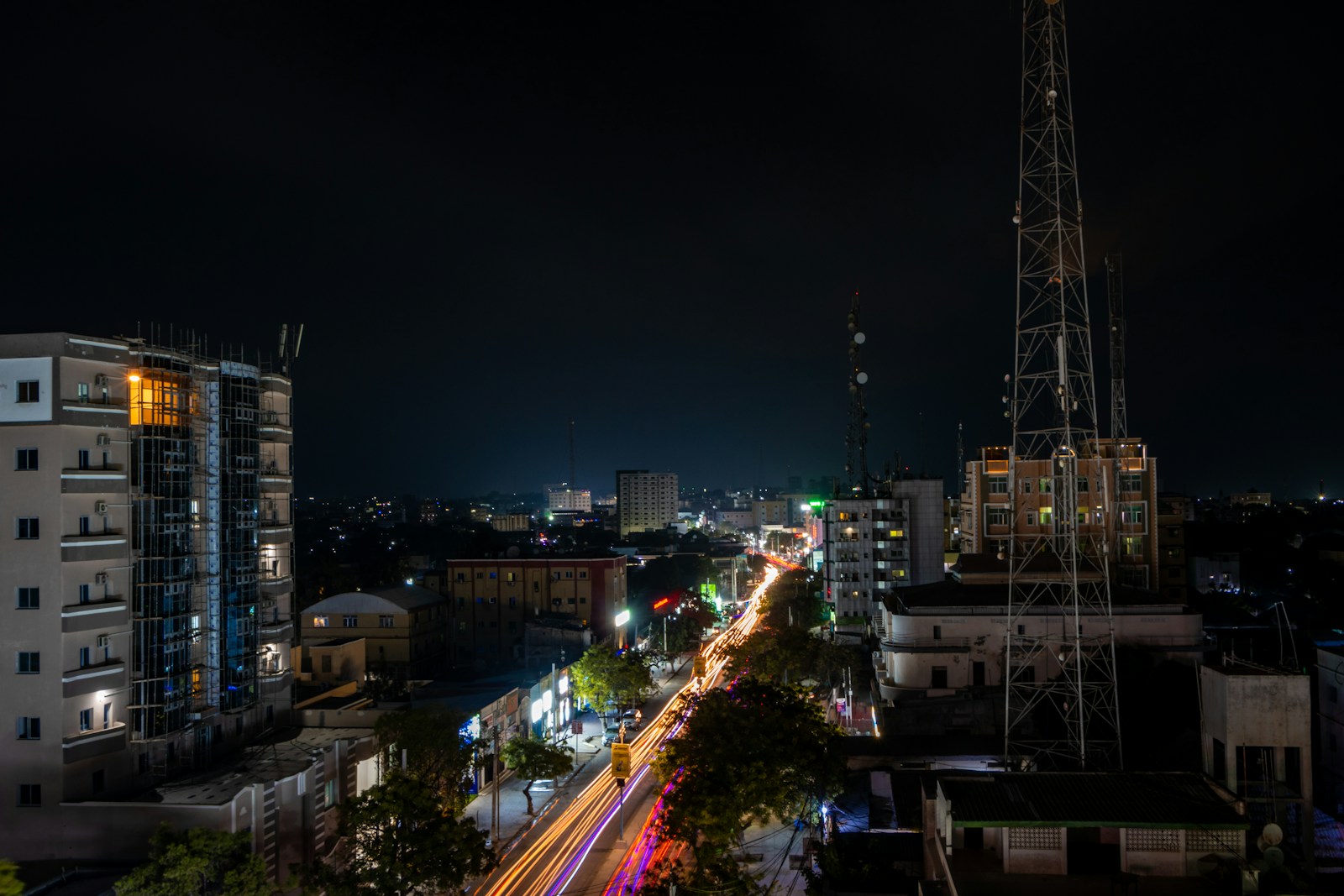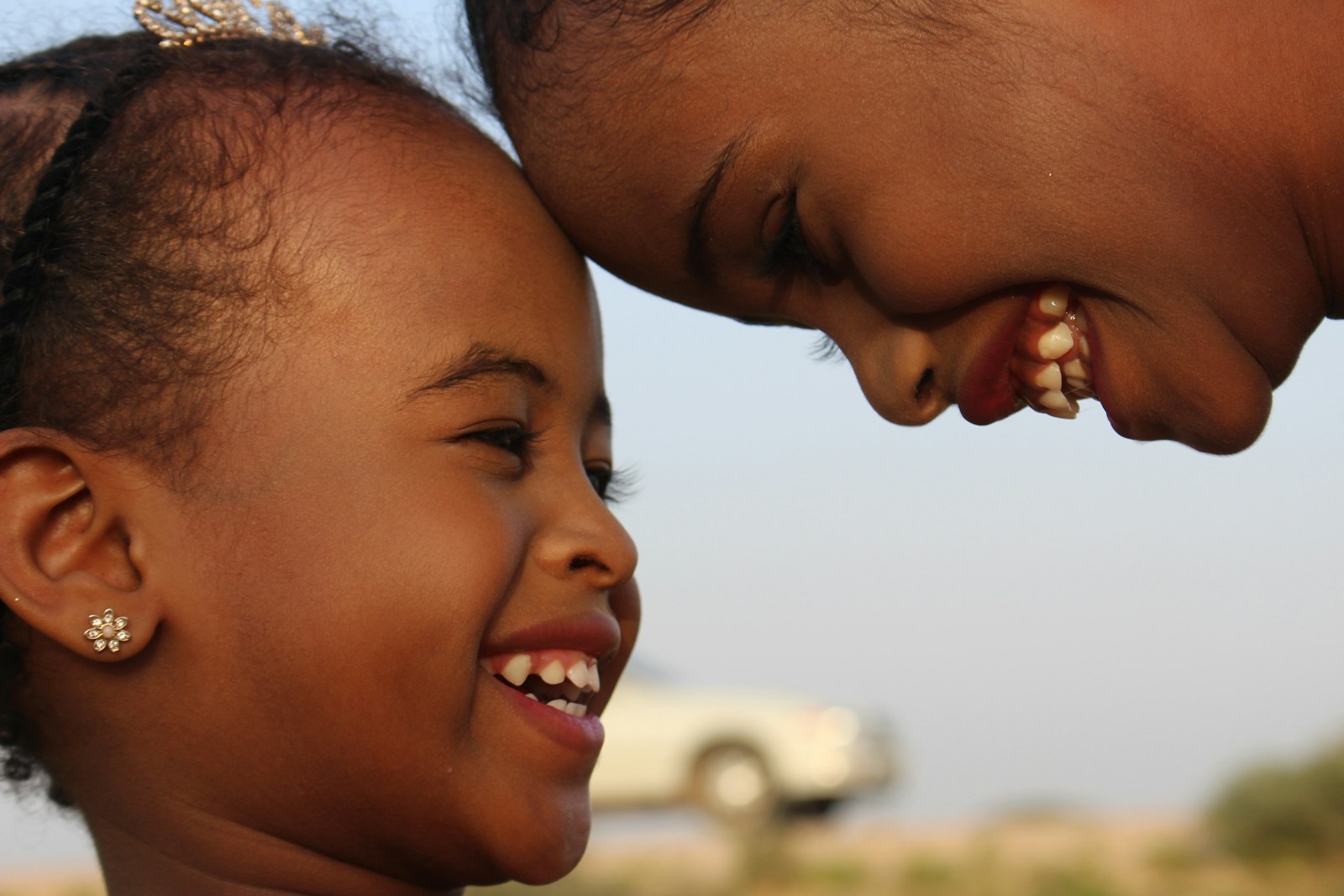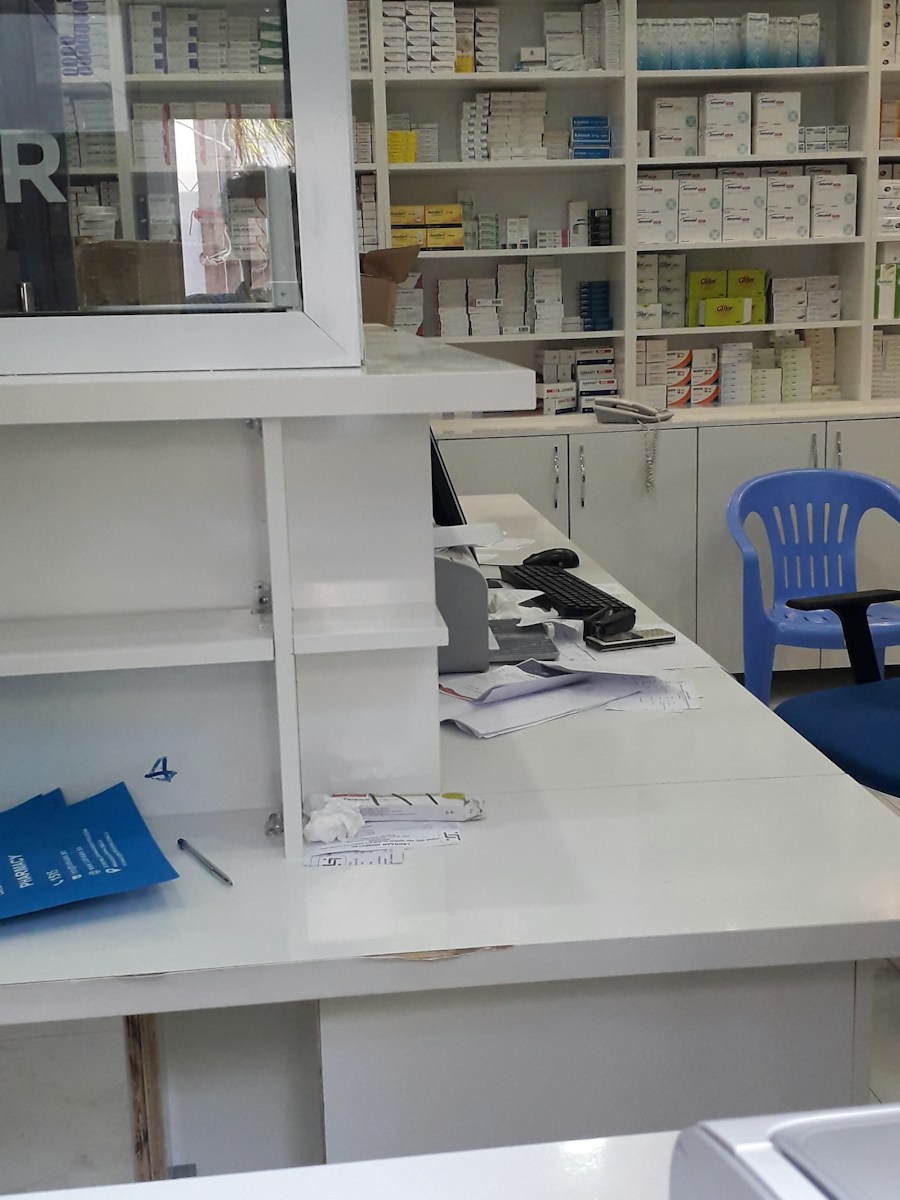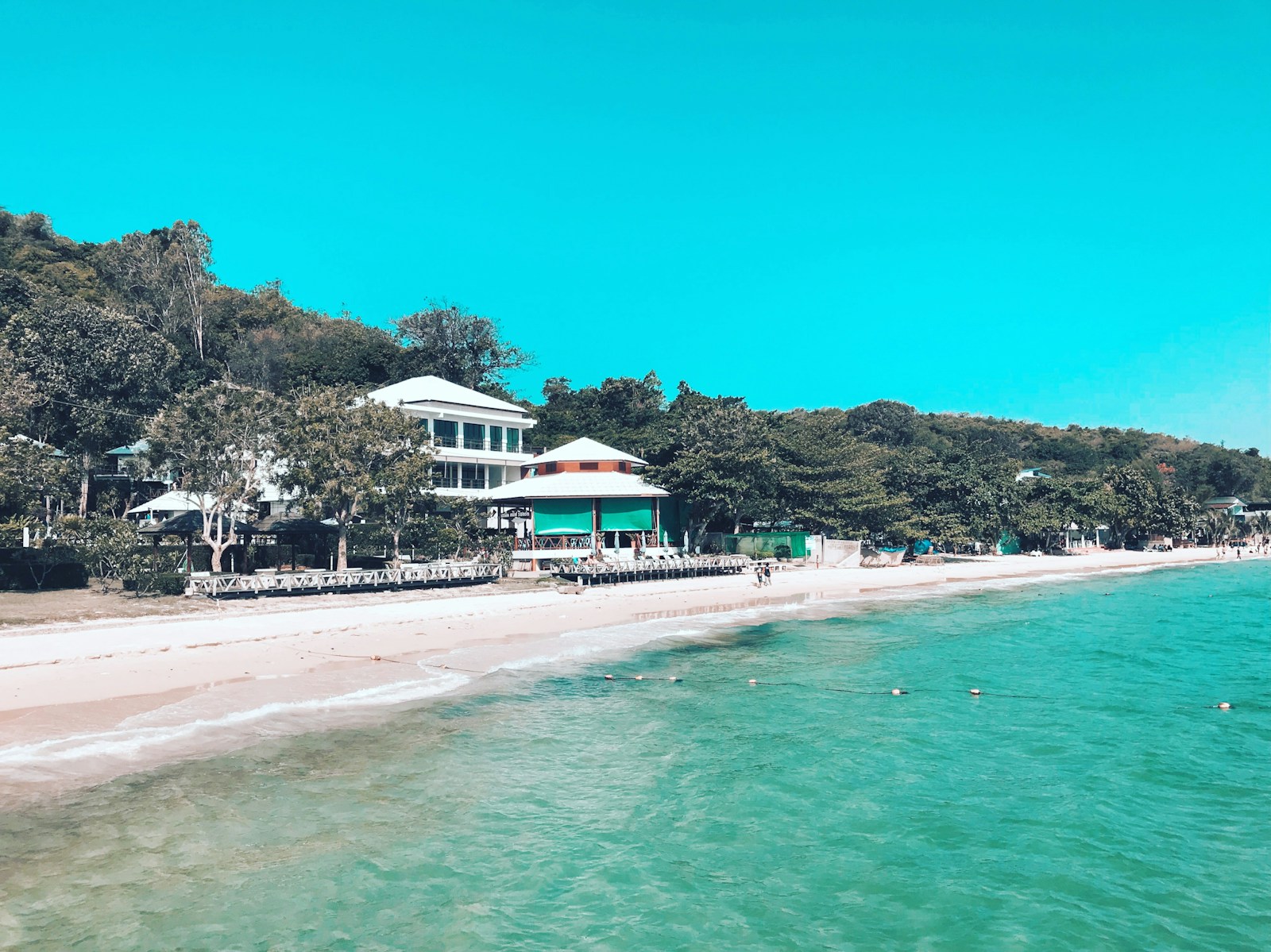You’re an intrepid traveler, always looking for the road less traveled. Somalia, a land of stark contrasts, has piqued your interest. But you’re asking the million-dollar question: Is Somalia safe to visit?
Safety is subjective and can vary greatly depending on many factors. It’s important to stay informed and aware. While Somalia has had its share of challenges, it’s also home to a rich history and vibrant culture that’s worth exploring.
In this article, we’ll dive deep into the safety concerns, provide up-to-date information, and give you the tools to make an informed decision about your travel plans. Let’s embark on this journey together, and discover what this intriguing destination has to offer.
Is Somalia Safe for Travelers?

When considering a trip to Somalia, an important question arises: Is Somalia safe for travelers?
Crime Rates and Statistics in Somalia
The first thing to check – is the national crime statistics. This data offers insight into crimes occurring in a location, such as violent robberies, kidnappings, and other felonies. However, understand that these numbers are often subject to local reporting standards and practices – they may not always reflect the full picture.
Somalia, for instance, has the highest crime index in Africa with 79.65 and safety index of 20.35 according to data from Numbeo. Mogadishu, the country’s capital, is indeed infamous for crime rates.
| City | Crime Index | Safety Index |
|---|---|---|
| Mogadishu | 85.04 | 14.96 |
Don’t let these numbers panic you — they’re not to suggest that every trip to Somalia will be fraught with danger. Rather, they serve to underscore the need for caution and preparation.
Local Laws and Regulations to Consider
Equally crucial is understanding local laws and regulations. In Somalia, codes of conduct can be quite different than what you’re accustomed to in your home country. It’s vital that you brush up on local legislation and social norms.
Some laws in Somalia that can trip up uninformed travelers involve:
- Dress code: Somali society is predominantly Muslim, so dress modestly to respect local customs and laws. Avoid revealing clothing in public, especially in rural areas and during the holy month of Ramadan.
- Photography: Be wary about taking photos. It’s illegal to photograph government buildings, military installations, and key infrastructure such as airports and bridges.
- LGBTQ+ rights: Homosexuality is criminalized in Somalia. LGBTQ+ travelers must be fully aware of these laws before deciding to visit.
For a safer journey, it’s highly recommended to stay informed and respect the local customs and regulations. In fact, part of the respect comes from recognizing that different places have their unique practices, and in stepping on foreign soil, you agree to observe and honor these differences.
Acting wisely, being prepared, and staying vigilant can help mitigate risks. However, it’s also crucial to remember that safety experiences can vary vastly from one person to another, so it’s all about doing your due diligence and making decisions that suit your comfort level.
Is Somalia Safe for Families?

Delving into the specifics of safety issues, one question that frequently arises is whether Somalia is a safe destination for families.
Investigating safety in terms of family visits involves so much more than solely evaluating crime statistics. Factors such as health risks, quality of local amenities, accessibility to emergency services, and the country’s infrastructure, all play integral roles.
Unfortunately, Somalia’s healthcare facilities aren’t up to international standards. Emergency services are limited and, in some areas, non-existent. In an instance of illness or injury, access to medical assistance of approved standards can be extremely challenging.
Apart from healthcare, there can be problems related to accommodation. While there are high-quality accommodations in the capital city of Mogadishu, options tend to diminish as you move away from city centers to more rural areas. Further, it can be challenging to locate amenities that meet Western standards in many parts of the country.
| Healthcare | Accommodation | |
|---|---|---|
| Mogadishu | Limited | High-quality |
| Rural Areas | Absent | Lower Quality |
Sad to say, child-friendly attractions are considerably sparse, and infrastructure such as parks, playgrounds, or family-centric activities are also limited in Somalia. This scarcity can pose difficulties when trying to keep youngsters entertained during your stay.
Another critical factor to consider is the dress code. Adhering strictly to this code, especially for women and young girls, is crucial for maintaining the local customs’ respect. It is essential that you inform your family about these customs before your trip.
To recap, while there are no specific laws preventing families from visiting Somalia, a range of practical elements may interfere with a standard family vacation.
Although the prevailing circumstances in Somalia might seem challenging, with sufficient preparation, understanding of the local customs, and properly managing expectations, a visit here can still be an enriching experience. However, the decision to travel rests solely with you. Assess the risks, weigh the pros and cons, and make an educated decision on whether or not a visit to Somalia is right for your family.
Safety Landscape in Somalia
Let’s dive into some specifics now, focusing on the neighborhoods you should avoid and the safest places to visit in Somalia. The country bears a complex landscape with areas of relative safety contrasted by others marked by intense conflict and crime. Understanding this topography is vital to making informed safety decisions while exploring Somalia.
Dangerous Neighborhoods to Avoid in Somalia
Highlighting dangerous neighborhoods in Somalia is not about casting a broad stroke of negativity, but instilling awareness. Avoidance of certain areas can visibly enhance your safety experience in Somalia.
- The volatile region of Lower Shabelle is infamous for its repeated clashes. Particularly, the outskirts of Mogadishu, Afgooye, and Marka are susceptible to frequent attacks that pose chronic dangers.
- Bay and Bakool region’s harbor areas are considerably unsafe due to regular conflicts. Baidoa town in these regions witnesses protection incidents pretty often.
- Areas near the Ethiopian border are reportedly risky, with rampant violent incidents.
Remember, staying clear of these hazardous regions significantly improves your safety prospects while roaming in Somalia.
Safest Places in Somalia to Visit
Contrary to what one might feel, there are safe regions in Somalia, soothing to your safety anxieties. They provide remarkable experiences filled with local culture and history.
- Hargeisa, despite being unrecognized internationally, is relatively safe, offering a unique insight into Somaliland’s history at the national museum.
- Despite its historical turmoil, Mogadishu, the capital city of Somalia, is seeping back gradually with parts of the town propelling towards a peaceful environment.
- Berbera Beach is a serene retreat, brimming with clear waters, untouched sand, and history, accommodating the Ottoman Empire’s aging ruins.
It’s worth noting to monitor the security situation continuously, even in the safer regions, as conditions in Somalia can change rapidly.
Emergency Services and Support in Somalia

Traveling to Somalia comes with its unique set of risks. However, having knowledge of where and how to access emergency services and support can make your experience less worrisome.
Healthcare Facilities in Somalia
Critical to understand is that healthcare in Somalia is limited. In rural areas, it often remains difficult to find a healthcare facility that is equipped with an array of medical resources. Despite the existence of hospitals in major cities like Mogadishu and Hargeisa these often lack trained staff, advanced medical equipment, and necessary medical supplies. It’s beneficial to have an understanding of private clinics too as they are often better equipped and their service is more reliable. Remember too to always have your own comprehensive travel insurance that’ll cover any possible medical emergencies.
Availability of Police and Medical Services
The Somali Police Force (SPF) is in charge of ensuring public safety. They’re visible particularly in the capital city, Mogadishu but their effectiveness varies greatly. Due to the country’s complex security challenges, their ability to respond quickly and effectively to incidents is not always guaranteed. When it comes to medical services, ambulances aren’t common and their response time can be slow. Therefore, planning and preparation are key. Engage with local contacts or consular services to understand the best measures to take should you find yourself in an emergency situation.
List of Emergency Phone Numbers in Somalia
Here are a few key numbers you should keep on hand. Save these numbers in your phone and memorize them if possible.
| Emergency Service | Phone Number |
|---|---|
| Police | 888 or 555 |
| Fire | 666 |
| Ambulance | 999 |
(Please note: Actual emergency numbers can vary depending on the region.)
How to Access Consular Assistance
Most countries have missions or embassies in Somalia that can offer consular help. However, the level of assistance varies between countries and there may be some limitations because of the unpredictable security climate. As a rule of thumb, familiarize yourself with the location of your country’s embassy or nearest consular office. Remember to register your trip with them – it’s an extra layer of safety for you.
Anticipate the specific risks related to travelling in Somalia which include limited healthcare facilities, varying quality of police response, and occasional difficulty in accessing consular assistance. Being thoroughly informed, prepared, and cautious will help maximize your safety. Remember, stay vigilant and keep reviewing your safety plans when in Somalia.
Safety Tips for Nightlife
Since you’re aware of the fluctuating security conditions in Somalia, let’s delve into the specifics of venturing out after dark. Remember, exploration isn’t off-limits, but exercising caution is key.
Venturing out at night can prove risky, primarily due to insufficient street lighting and the prevalence of check-points, often manned by armed groups. So, it’s essential to remain aware of your surroundings and stay within known, secure areas. Mogadishu’s nightlife can be vibrant, reflecting a city striving to regain normalcy amidst chaos.
Talking about places, popular spots like The Village, Jazeera Palace Hotel, and Shabelle — all in Mogadishu — light up at night with locals and tourists alike. These locations can offer eye-opening experiences, but it’s crucial to have a local guide or established contacts before heading out.
Here’s a quick rundown of the basic precautions to keep you safe in Somalia’s nightlife:
- Make sure you’re with trusted company
- Keep emergency contacts at hand
- Abide by the local cultural norms
- Know the local language or have a translator at hand
- Don’t flaunt valuables in public
- Beware of unsolicited attention
Just remember, while your personal safety is paramount, you also need to respect the culture and customs of the land. This includes adhering to appropriate dress codes and refraining from public displays of affection. Somalia is predominantly a Muslim country, and you’re expected to respect its Islamic traditions.
As the sun goes down, make sure to use marked taxis. Using app-based services provides an added layer of safety due to their accountability measure. Also, avoid walking around deserted areas or taking shortcuts through unknown neighborhoods. If you must travel after dark, it’s wiser to use a private vehicle. So, if you have rented one, keep your doors locked and windows rolled up.
Perhaps the most crucial aspect in all of this is having a clear line of communication. Keep your contacts, embassy, or hotel aware of your whereabouts. Never hesitate to call them if you sense danger. Also, always use your phone’s GPS to stay on track, especially during night travel. Enabling the Share My Location feature with trusted contacts will also ensure someone back home can keep tabs on your safety.
Safety Tips for Public Transportation
When traveling in Somalia, your safety hinges heavily upon understanding how to best navigate the complexities of the public transportation system. While it’s true that most journeys take place without incident, it’s wise to know some essential strategies, along with tips to avoid problematic areas.
Keep in mind that Somalia’s public transportation isn’t standardized. Buses, taxis, and private vehicles are the prevalent modes available, but their reliability and safety can vary significantly.
Somalia’s bus system, while being a popular method of transportation, does have its inconveniences. Some buses can become overcrowded and make unauthorized stops that may expose you to unexpected threats. Taxis, on the other hand, offer a more flexible and controlled approach to travel. However, only select taxis are marked with identifiable insignias, heightening the need for vigilance.
Consider these tips for a safe and fruitful journey:
- Stay vigilant and aware of your surroundings. Keep your possessions close and avoid displaying high-value items.
- Stick to well-lit areas while waiting for public transportation.
- Before you hop in a taxi, make sure it’s marked. These vehicles adhere to established norms, ensuring a safer experience.
- Try to travel during daytime hours when visibility is high. Night trips in unrecognized vehicles can be risky.
Next, the aspect of private vehicles – they’re certainly a blessing for those desiring customized travel plans. However, the lack of credible rental agencies and unmarked vehicles might pose security risks.
If opting for a private vehicle:
- Always establish the reputation of your car rental agency.
- Keep a local contact informed of your travel itinerary.
- Avoid driving after dark as road conditions and signage are often inadequate.
The volatile security scenario calls for a robust travel plan. Keep abreast with updates from well-renowned travel advisories such as the U.S. Department of State and the Foreign, Commonwealth & Development Office (FCDO).
Continual monitoring of the current security climate is crucial. The landscape of safe travel can change within hours, and having timely information ensures you’re better prepared to deal with unexpected developments.
Up next, let’s delve into the safety concerns regarding food and water in Somalia. The aspect of health often takes a backseat when planning a trip. However, understanding the do’s and don’ts of local cuisine is paramount to ensuring your travel remains unhampered.
Local Customs to Stay Safe
While exploring the fascinating cultural landscape of Somalia, there are local customs that you should be aware of. These not just ensure you have a seamless trip but also significantly contribute to your safety.
Somalis pride themselves on their hospitality. So, you’ll often find locals inviting you to share a meal with them. While your insider instinct might tell you to always be on your guard, this is an integral part of the Somalian culture. However, it’s crucial to stay cautious and use your best judgment. Accepting invitations from trustworthy locals can enhance your Somalia experience.
In Somalia, community and family connections carry profound significance. It’s common for people to ask about your family within the initial stages of a conversation. When prompted, it’s respectful to reciprocate the inquiry. Building rapport with Somalis can aid your safety efforts, considering the close-knit nature of communities here.
Somalis like to connect over qat a local herb. But beware! Qat is a stimulant that can have effects similar to amphetamine and might not align with your travel health goals. Use moderation if you decide to partake or, better yet, cordially decline the offer.
The locals’ attire also reflects the conservative Islamic culture. Women usually wear long dresses called dira and headscarves, while men don traditional white tunics. While as a visitor you’re not expected to wear the local attire, dressing conservatively is seen as a sign of respect and can prevent unwanted attention.
Being aware of these local customs can help navigate this culturally rich country safely. Now, you’re equipped to blend in seamlessly with the communities, presenting yourself as a well-informed traveler rather than an easy target.
Next, let’s turn our attention to staying safe while partaking in the vibrant food scene and ensuring access to clean water in Somalia.
Common Tourist Scams and How to Avoid Them
Even in one of the world’s most challenging countries to navigate like Somalia, it’s not just the security situation that tourists should be wary of. Tourist scams can also be an issue, looking to take advantage of unsuspecting travelers. Awareness is your best ally against these deceptive tactics. Let’s delve into some common scams and how you can pre-empt them.
Fake Cash Exchange is one such scam that operates under the premise of offering higher exchange rates than the bank. They’ll persuade you to make a cash exchange then give you counterfeit or old, unusable notes. To keep yourself safe, only exchange money at banks or authorized money changers. Here’s a quick reference:
| Tips for safe money exchange |
|---|
| Only use banks or authorized money exchangers |
| Avoid dealing with individuals offering high exchange rates |
| Cross-check the currency notes against images online |
Another common sham involves Unlicensed Tour Guides engaging you with attractive sightseeing packages. Often, they will provide a shoddy service, or worse, lead you into more dangerous scenarios. Always do your homework before signing up for tours. Stick with well-reviewed tour companies and keep in mind that no tour is worth compromising your safety.
The Fake Police Officer scam is another potential risk. Impersonators may demand to see your paperwork and insist on immediate fines for fictional offenses. Know your rights and keep the contact of your country’s embassy or consulate handy. Never hand over your passport or pay a fine without proper verification of the officer’s identity.
Overpriced Items at local markets are also a common tourist trap. The prices of goods, especially at markets frequented by tourists, can sometimes be significantly inflated. Always negotiate and don’t be afraid to walk away if the price seems too high.
By learning about these scams, you’re already ahead of the game. Remember the old saying, “if it’s too good to be true, it probably is.” Keep this in mind, stay alert, and you’ll be better equipped to travel safely in Somalia.
Our discussion continues in the next section, where we’ll be tackling safety concerns around food and water in Somalia.
Preparing for a Safe Trip to Somalia
The journey to a safer trip to Somalia starts before you even board the plane. It involves doing your homework, staying informed, and taking necessary precautions.
Traveling Checklist for Somalia
In efforts to ensure safety when visiting Somalia, there are several essential items and practices to keep in mind. This includes:
- A valid passport with at least six months of remaining validity
- Up-to-date vaccinations as recommended by the Centers for Disease Control and Prevention (CDC)
- Essential travel insurance, preferably one that includes coverage for medical evacuation
- Multiple cash sources, including credit and debit cards, and a small amount of US dollars
- Emergency contact numbers for your embassy or consulate in Somalia, along with local emergency services
- Stick to belongings that are not flashy or expensive to avoid drawing attention
- Local knowledge can go a long way. Do your research, learn some basic Somali phrases, and understand their cultural norms before stepping foot in Somalia.
Weather and Travel Advisories in Somalia
Erratic weather patterns in Somalia can drastically impact traveling. The months of April to June see heavy rainfall, while from July to September, the weather is hot and dry. Always check Somalia’s weather forecast before planning your itinerary to avoid disruptions.
More so, frequently check travel advisories provided by your home country’s foreign affairs department. These advisories provide up-to-date information about potential risks and threats in Somalia. They can be a valuable resource for identifying areas to avoid and precautions to be taken, effectively helping you stay one step ahead in terms of safety.
Safety Tips for Solo Travellers
Solo traveling in Somalia presents its own set of challenges, and attentiveness becomes even more critical. Always be alert and aware of your surroundings. Blend in with the crowd, dress appropriately and respect cultural norms, which helps in not attracting unnecessary attention.
Another tip for solo travelers is to trust your gut instinct. If something doesn’t feel right, it probably isn’t. Choosing a trustworthy local guide can also improve your safety and understanding of the lay of the land in Somalia.
Remember, a well-prepared traveler stands a better chance against potential risks and hazards. The key is to stay informed, vigilant, and respectful of the local culture and people.
Conclusion: Is Somalia Safe to Travel in 2024?
You’ve learned how to navigate public transportation and avoid tourist scams. You know the importance of staying informed about the security situation and monitoring travel advisories. You’re aware of the precautions needed when using private vehicles and the potential safety concerns regarding food and water.
You’re prepared with a checklist of essential items and practices. You understand the significance of checking weather advisories and have safety tips for solo travel. So, is Somalia safe to visit in 2024? The answer depends on your preparedness, vigilance, and willingness to adhere to safety tips.
Remember, your safety is paramount. So, if you choose to visit Somalia, make sure you’re well-prepared and informed. Stay vigilant, stick to well-lit areas, and avoid traveling at night. With the right approach, you can experience the beauty and culture of Somalia while ensuring your safety.
Q1: What are the safety concerns of using public transportation in Somalia?
Safety concerns of using public transportation in Somalia include staying vigilant, ensuring taxis are marked, and sticking to well-lit areas. It is advised against traveling at night.
Q2: How can one avoid falling victim to common tourist scams in Somalia?
To avoid falling victim to scams, do thorough research on tourist scams in the region and adopt practices to safeguard your interests. Avoid unprotected transactions and exercise caution when too-good-to-be-true offers are presented.
Q3: What should be kept in mind while using private vehicles in Somalia?
It emphasizes researching rental agencies thoroughly and informing a local contact whenever using a private vehicle. It’s also vital to stay aware of the current security situation in Somalia.
Q4: What are some advised preparations for a safe trip to Somalia?
Before heading to Somalia, prepare a checklist of essential items, stay updated with the weather forecasts and latest travel advisories, and have safety measures in place, especially for solo travelers.
Q5: What are the upcoming safety topics related to traveling to Somalia?
The upcoming safety topics for traveling in Somalia include safety concerns regarding food and water consumption, highlighting essential preparations for a safe trip to Somalia.


